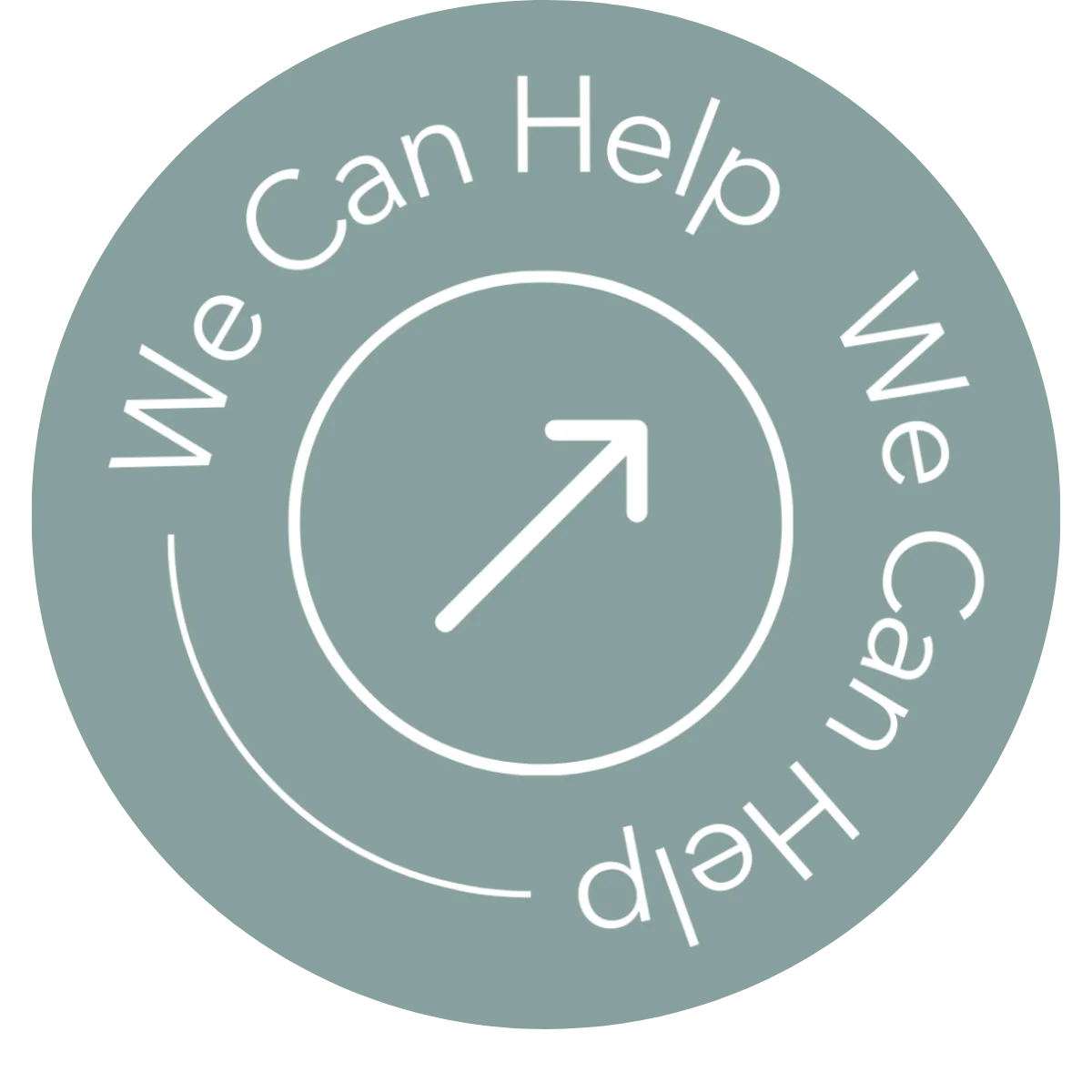Overcoming Stigma: Seeking Help for Substance Abuse
Learn about how to find help for substance abuse and how it can aid you in the recovery process. Read on for more information.
Seeking Help for Substance Abuse: Overview
Substance use disorder (SUD) is the harmful use of psychoactive substances that cause distress. People often use these substances for mood-altering purposes. Finding help for substance abuse can help individuals heal.

Recognizing a Problem and Seeking Help for Substance Abuse
The first step to recovery is recognizing and accepting that substance use is unhealthy. Addiction can affect different areas of one’s life, including school and work. When a person identifies and acknowledges that it hurts their lives, they can get ready for healing and treatment.
After recognizing substance use as a problem, the person can seek help from a rehab facility with various treatment options. Several treatment plans offer individualized help to meet the person’s needs.
These treatment options depend on a range of factors, including:
- The effect of the substance on the person
- The type of substance that was used
- The severity and length of substance use
- Personal and genetic factors
Identifying the Primary Goals and Objectives of Substance Abuse Treatment
The following are some of the primary goals and objectives of finding help for substance abuse:
- Helping the patient develop healthier stress management techniques
- Providing a safe and supportive environment that enables recovery
- Treating co-occurring mental health issues that aid substance use
- Providing the patient with ongoing support by connecting them with a support network
- Repairing damaged relationships
- Helping the patient identify their risks and develop healthy coping mechanisms to sustain sobriety and prevent relapse
The Benefits of Seeking Professional Help for Substance Abuse
Seeking professional help for substance abuse treatment is vital for an effective recovery journey. Stopping substance use on your own without professional help is not advisable, as you may experience severe withdrawal symptoms.
Withdrawal symptoms may be life-threatening, so it’s important to seek professional help at a reputable mental health facility like Ethos Wellness. Some of the benefits of seeking professional help for substance abuse include:2
Safe and Supportive Space for Recovery
Although family and friends may support the recovery journey, it may still be an unhealthy environment to recover in. Family and friends may say hurtful things during the process, or may even cause undue stress, which is a prominent reason why many people relapse.
Mental health facilities will provide individuals with a safe space and trained therapists for counseling. Here, the patient has help for substance abuse in the same environment as others working toward recovery.
Better Relapse Prevention Plan
The recovery journey is not smooth or straightforward, as it has highs and lows. Relapse is a natural part of recovery. It happens when the patient is unable to maintain their recovery goal of not using a substance.
Mental health centers like Ethos Wellness have better relapse prevention plans. Our facility will also offer counseling to enable the patient to understand the risks that may lead them to relapse.
Peer Support Groups
One of the significant benefits of seeking professional help for substance abuse is the connection to peer support groups.
Support from others who understand what substance use disorder is like can help provide support and empathy. Attending peer support groups is a way to see that recovery is possible.
Gaining Lifelong Tools
Patients in mental health centers like Ethos Wellness will gain tools to help identify and control their emotions. It will also teach the patient how to regulate their mental state for an improved quality of life.
These tools include improved social skills, staying positive, and getting enough sleep.
Supervised Detoxification
With professional help, there will be 24/7 medical support during the potentially dangerous side effects of detox. It ensures your comfort and safety during the detox and rehab process.
Improved Mental and Physical Health
Rehab centers can provide treatment for the physical and psychological effects of SUD. This may include depression, anxiety, or physical health issues like lung problems. It is one of the many benefits of seeking professional help for substance abuse.
Treating the Underlying Issue
Patients with several SUD and mental health conditions can address the root cause of their disorders at rehab facilities. It may be hard to find long-term recovery without addressing the underlying issues. Identifying these risks helps facilitate healing.
Expertise and Experience
At a mental health facility, there are teams of trained professionals available to provide support and help for substance abuse. The experience of these professionals is invaluable, as they can take the necessary measures to give you the support you need.
They also understand what it takes to be on a recovery journey and will be there for you every step of the way.
Tailored Programs
At a rehab facility like Ethos Wellness, the treatment programs are according to the patient’s needs. It leaves no room for uncertainty, as the treatments help achieve more precise healthcare for each patient.
Challenges and Barriers to Seeking Help for Substance Abuse
While many people may want to get help for substance abuse, there may be some barriers standing in their way.
Some of the potential challenges people may face when seeking help for substance abuse include:
Stigma
Poor Treatment Availability
The demand for treatment is growing, and there may be an insufficient amount of rehab facilities. People with SUD living in rural areas may have to travel long distances to find help for substance abuse.
Also, most of these facilities have long waiting lists, which can be discouraging. However, people on the waiting lists can join support groups and visit their healthcare providers.
Time Conflict
Treatment programs have various durations, but programs with longer durations yield better recovery results. For people juggling family, work, and child responsibilities, going away for an extended period might be challenging.
While there are treatment programs that enable the person to receive treatment during the day and go home afterward, these may not be intensive enough for some people.
Exploring Various Levels of Care
When treating substance use disorder, every patient has their own needs. For this reason, it is vital to provide each patient with an appropriate level of care.
For example, there is an early intervention service for patients at risk of developing SUD. The duration of early intervention services depends on the patient’s understanding of the effects of the substance and how much help they need.
Other levels of care for help for substance abuse include:
Outpatient Programs
In these programs, patients can participate in outpatient treatment services. This level of care benefits patients with less severe SUD symptoms, as it allows individuals to maintain their day-to-day activities. Patients will also meet with treatment practitioners for follow-up, evaluation, and treatment.
Outpatient programs include recovery follow-up services, evaluation, and treatment. It is a stepping stone for people unwilling to commit to a complete recovery program. This level of care is at the lowest intensity and generally only requires 8-10 hours of treatment every week.
Intensive Outpatient/Partial Hospitalization Program
In these programs, patients can receive psychiatric and medical consultation, medication management, and crisis services. It provides more intensive care than traditional outpatient programs but still lets individuals go home at the end of the day.
This program is also beneficial for patients with co-occurring disorders. In more depth, these services provide:
- Intensive Outpatient Program (IOP): The services offered are similar to those in outpatient care but more intense. Some of the services an IOP provides are relapse prevention programs and group and individual counseling.
- Partial Hospitalization Program (PHP): This is also known as day treatment and generally lasts for 20 hours every week. Depending on the patient’s needs, a PHP can be a step up or down level of care. It benefits patients who do not require 24/7 care.
Residential/Inpatient Program
A residential program is for patients who require a higher level of care and 24/7 supervision for a smooth recovery. It is for people who benefit more from having access to mental health staff while at the facility.
These patients may struggle with recovery or relapse if they continue their treatment while at home. These programs require individuals to stay at the facility full-time, generally for a period of 30 to 90 days.
Medically Managed Intensive Inpatient Services
This is the highest level of care, and it includes 24-hour treatment and high-level clinical and medical attention. Some of the services available are medication-assisted treatment and alcohol detox.
The physician checks on the patients daily and treats any co-occurring disorders. The individual is provided with multiple forms of treatment for their addiction.
Therapeutic Approaches to Promote Recovery
The following are some of the evidence-based therapeutic approaches used in treating substance use disorder:
Cognitive-Behavioral Therapy (CBT)
CBT is a type of psychotherapy that aims to change thought patterns. It focuses on teaching patients how to use problem-solving skills to develop self-confidence. In 1960, Dr. Aaron Beck developed CBT to treat depression and other disorders.
- It helps in individual or group therapy
- The patients can incorporate CBT skills into daily life
- It enables the patients to develop strategies to cope with risks outside of rehab
Dialectical Behavioral Therapy
DBT is a behavioral therapy that involves treating emotional reactions by recognizing risk factors. It is a modified type of CBT that helps to treat various mental health disorders including substance use disorders.
DBT is comprised of four modules, which are:
- Mindfulness
- Distress tolerance
- Acceptance and change
- Emotional regulation
Contingency Management for Addiction
In this behavior therapy, the patients receive rewards for making positive changes. It follows the principle of positive reinforcement to increase the frequency of a behavior like sobriety.
Some of the benefits of contingency management for SUD are:
- It helps to increase the chances of a patient’s sobriety
- It also helps to increase the rate of retention for SUD treatment programs
- It can be a stand-alone treatment or used with other therapies

How Ethos Wellness Can Help
Ethos Wellness is a mental and behavioral health facility in both Texas and Illinois that aims to help patients recover from SUD and other co-occurring disorders.
Our trained mental health specialists work with patients to achieve lifelong recovery goals. Ethos Wellness is a compassionate facility that provides a safe, therapeutic, and serene environment.
Our Mission
At Ethos Wellness, our goal is to provide our patients with an integrated continuum of clinical care in a therapeutic environment. We are here to serve you and your families to achieve lifelong wellness and healing.
With our standard of care and treatment services, we will be with you every step of the way to help you recover from mental health or substance use disorder symptoms.
Treatment Opportunities
Our facility treats SUD and co-occurring disorders like anger, self-esteem issues, grief, and eating disorders.
Some of the treatment services and therapies we offer include:
- Co-ed rehab
- Cognitive-behavioral therapy
- Educational support & guidance
- Dialectical behavior therapy
- Dual diagnosis treatment
- Meditation
These services can help improve your mental health and promote healthier relationships. At Ethos Wellness, you will also acquire lifelong skills that will help with relapse prevention.
Our 24/7 medical professionals offer personalized care and guidance to each patient. We accept various insurance like United Healthcare, Aetna, and Blue Cross Blue Shield.
Begin Your Healing Journey Today at Ethos Wellness
If you or your loved one is experiencing SUD, you can get treatment from Ethos Wellness. Our team of medical practitioners will evaluate you to determine the best type of treatment service for you. We offer specialized care to help support you through recovery.
Ethos Wellness will equip you with healthy coping skills to aid your recovery journey. Contact us today for help for substance abuse.


